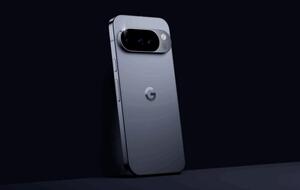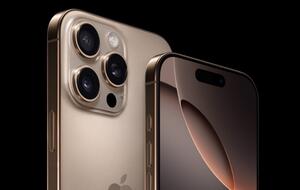The partnership - which marks one of the largest agreements between the two companies to date - was confirmed after Tesla owner Elon Musk revealed the EV company is the unnamed client referenced in Samsung’s recent semiconductor announcement.
In a post on X (formerly Twitter), Musk said: “Tesla is indeed the client in Samsung’s new chip deal. This will be critical in scaling our AI and self-driving efforts.”
The chips will be manufactured using Samsung’s cutting-edge 2-nanometre process technology, designed to support Tesla’s next-generation self-driving and AI capabilities.
The deal underscores Tesla’s push to reduce reliance on external suppliers like Nvidia by developing more in-house technology tailored to its autonomous driving systems.
The AI chips will reportedly be used in Tesla’s upcoming vehicles and potentially in its Dojo supercomputer platform, which is designed to train AI models for full self-driving (FSD) technology.
Tesla’s decision to collaborate with Samsung is also seen as a move to secure stable, high-performance chip supplies amid global semiconductor demand.
Samsung’s semiconductor business, which competes directly with Taiwan’s TSMC, has been expanding its presence in the automotive and AI chip markets.
This deal strengthens its position as a key supplier for high-profile clients seeking advanced chip designs.
While production timelines for the chips have not been disclosed, industry analysts suggest that Tesla could begin integrating them into its vehicles and systems within the next two years.
The agreement reflects the growing convergence of automotive and tech industries, with AI-driven features becoming central to the future of electric vehicles.





